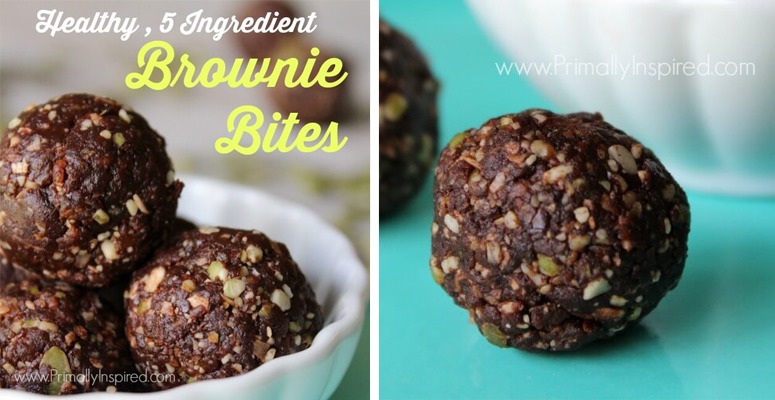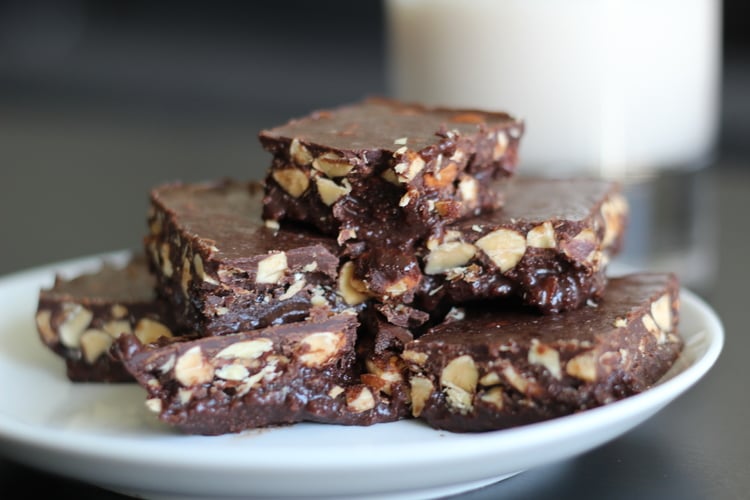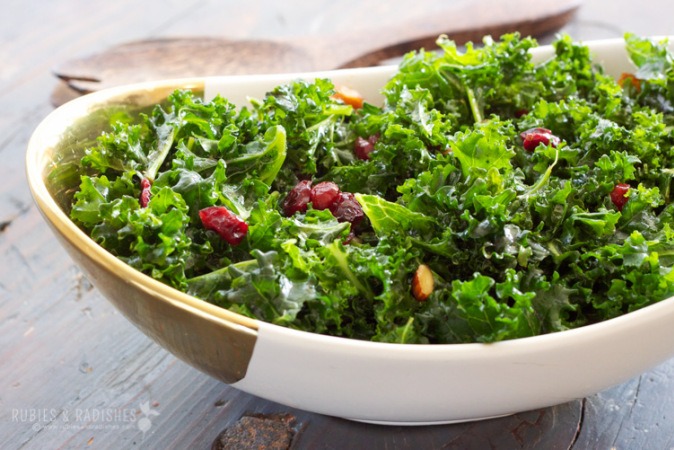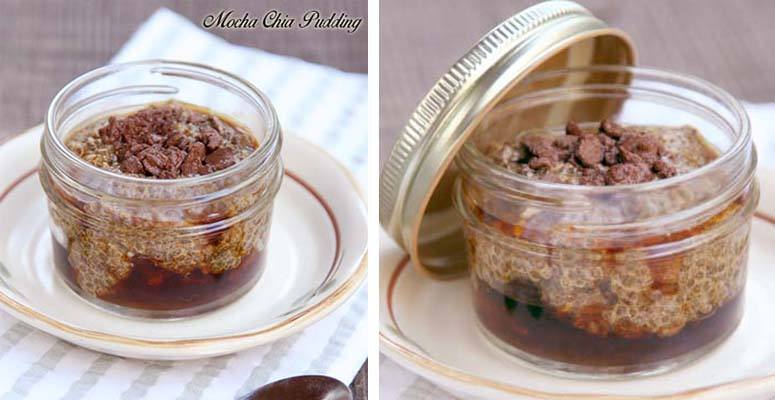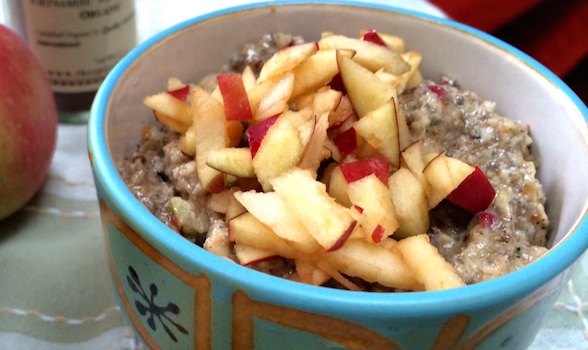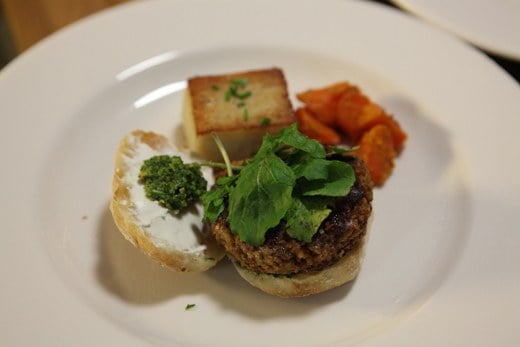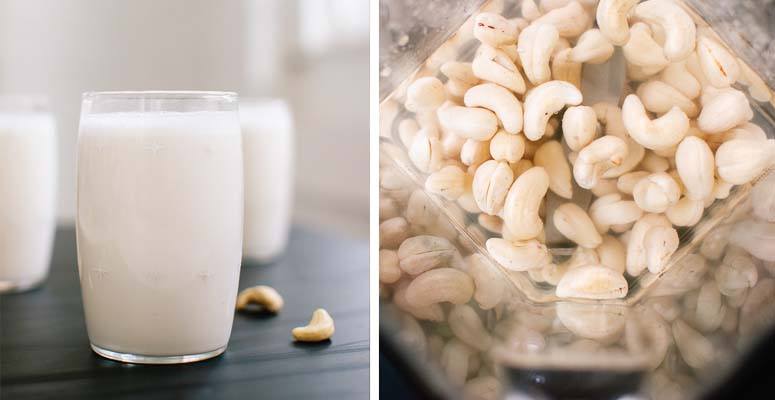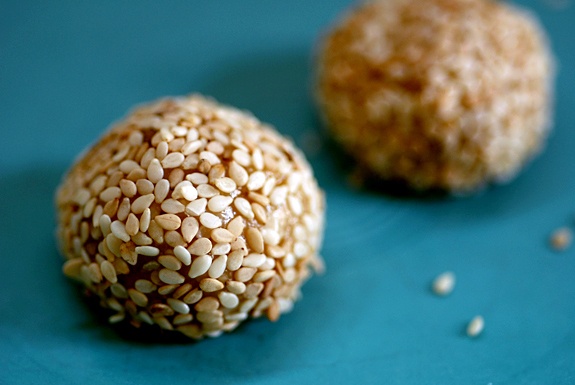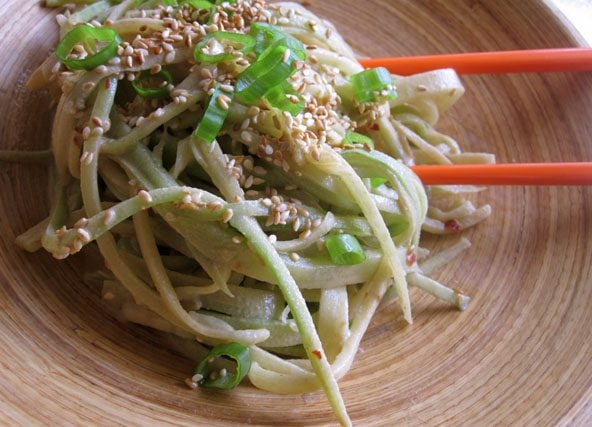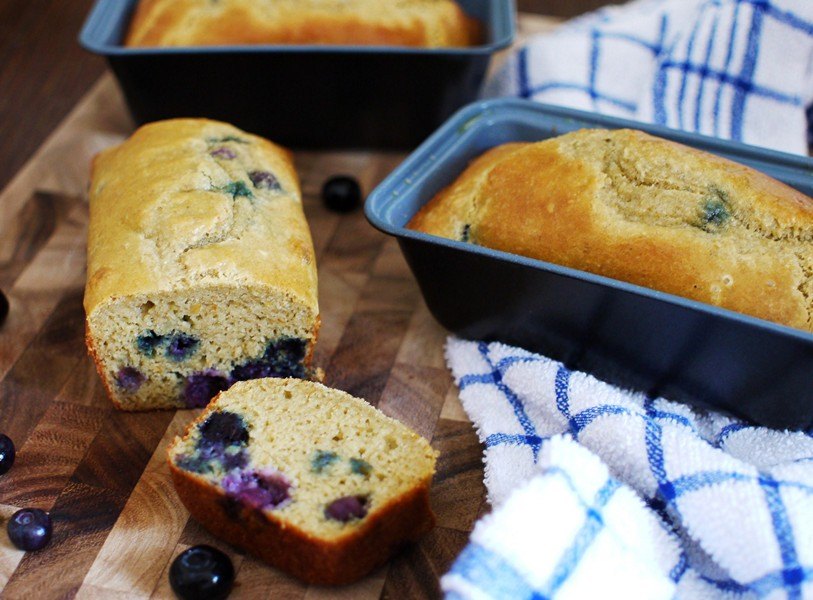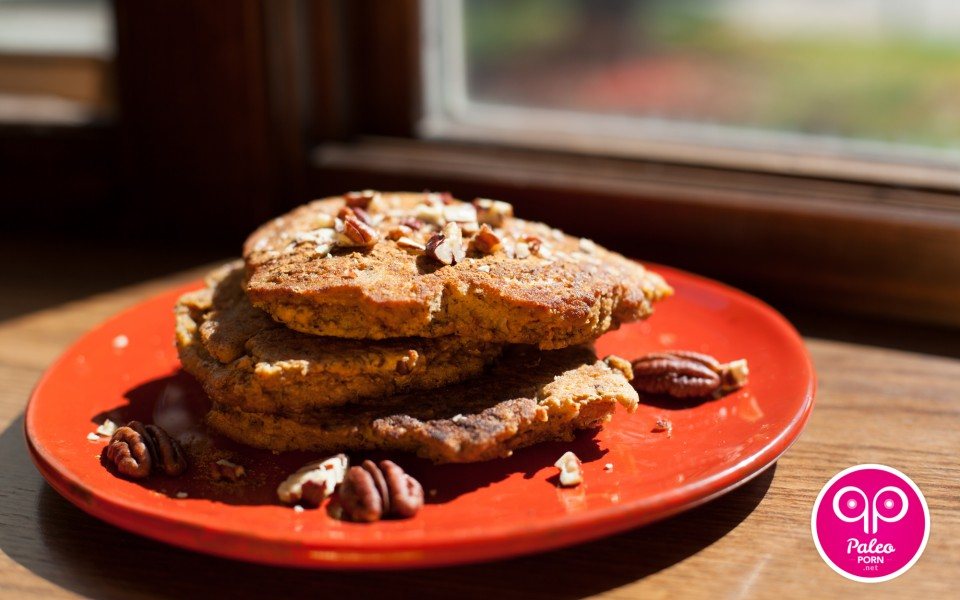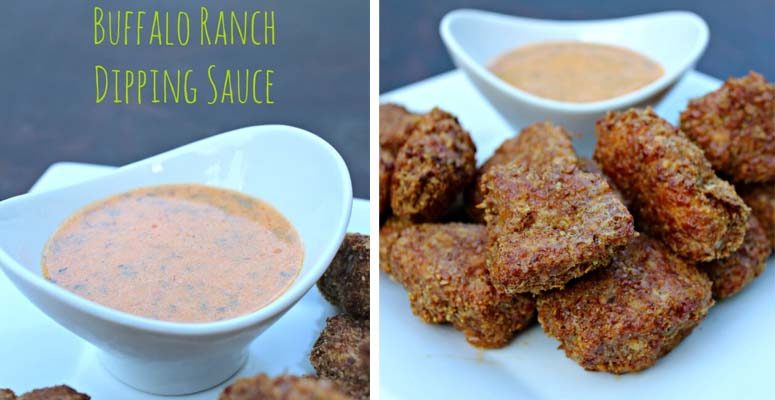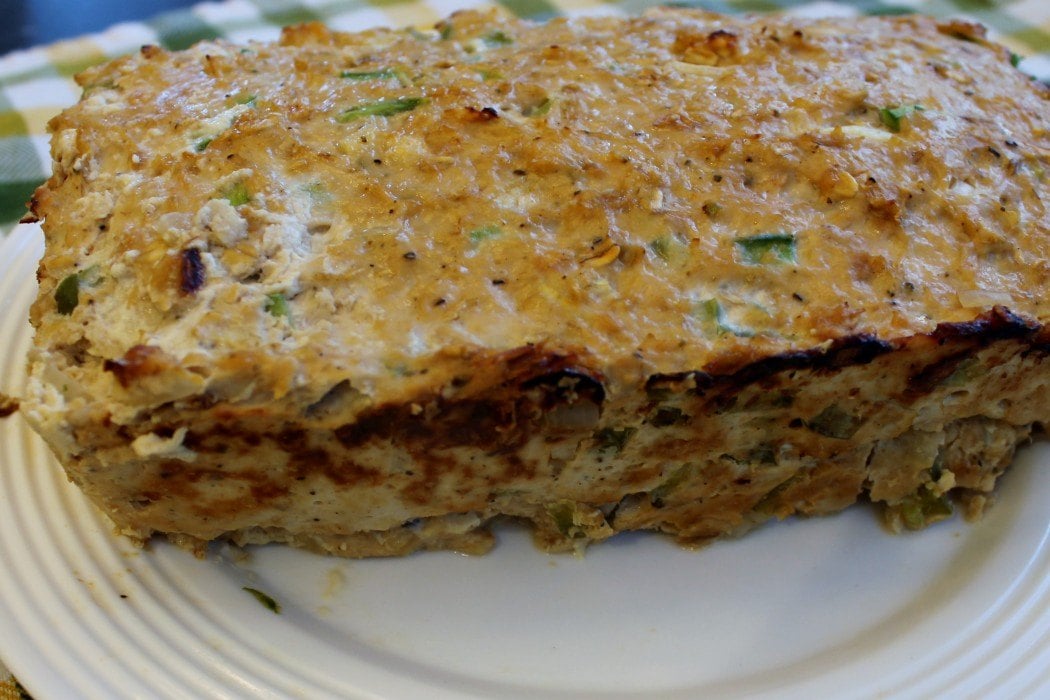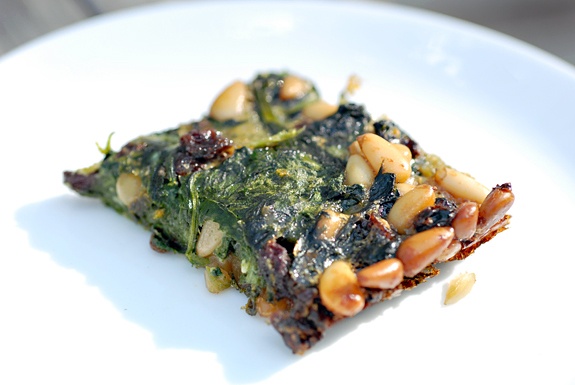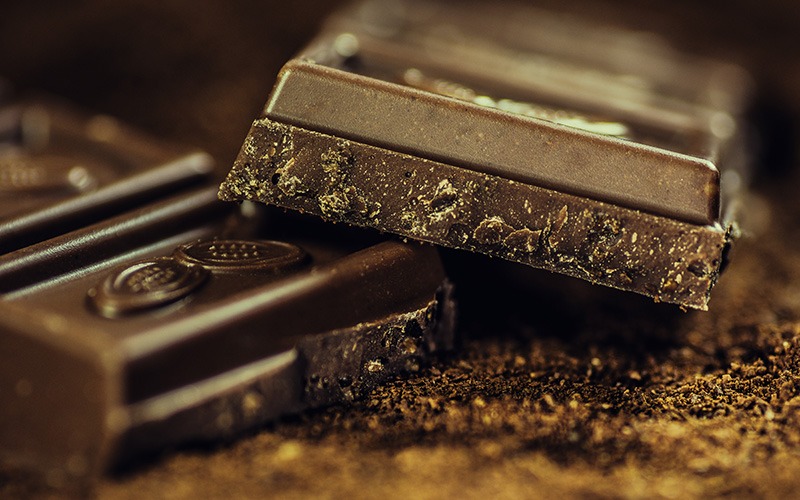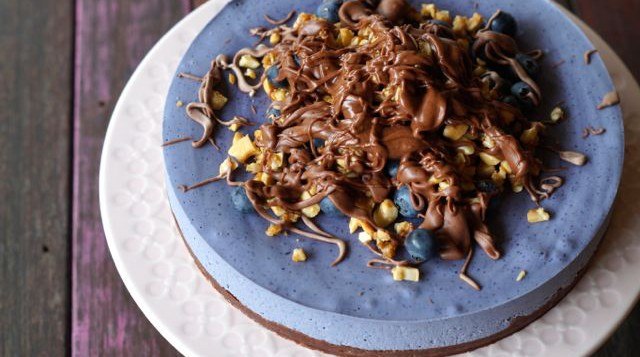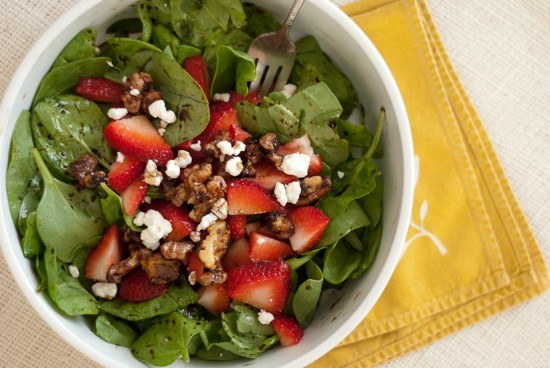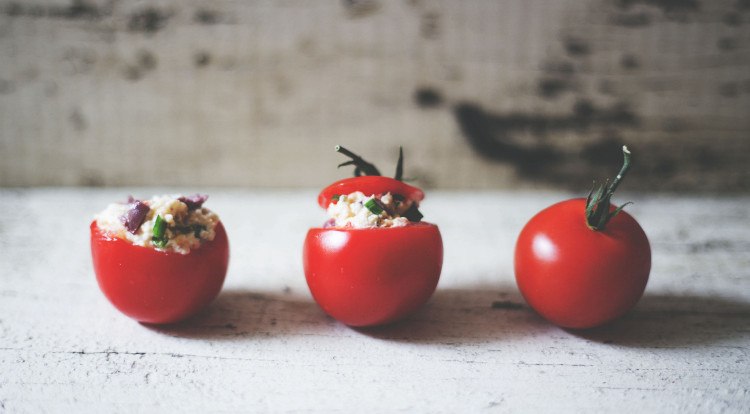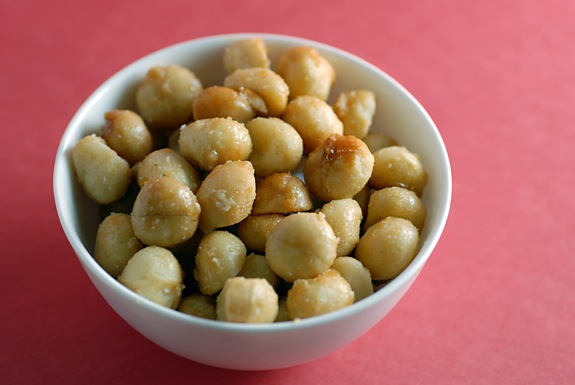Nuts and seeds are important additions to our daily food consumption. These tiny gifts from Mother Nature are super heart-friendly thanks to a group of fatty acids called monounsaturated fats that protect against cardiovascular diseases. There’s a long list of benefits you can acquire from eating nuts and seeds. To name a few:
- They are a great source of antioxidants
- They are good for the skin’s elasticity and tissue repair
- They are a natural source of iron, phosphorus, and magnesium
- They are rich in fiber for good digestion
- They can help with weight loss
- They are gifts from Mother Nature — be thankful!
Aside from eating them as a snack, the following nuts and seeds can also be a great addition to your favorite dish, be it sweet or savory. However, as common food allergens, these nuts and seeds should only be eaten if you are sure you’re not allergic to them.
The recommended serving listed is the minimum amount you can consume daily to achieve the health benefits of these nuts and seeds. You can also try the featured recipes as an alternative take on these wonder foods.
1. Almonds
The flavorful and healthy almond is fortunately available throughout the year, but mid-summer when you can harvest the freshest batch. It blends perfectly with both sweet and savory dishes. From salads to pastries, the almond is one versatile ingredient.
Most of us think that the almond is a nut, which is technically incorrect! It’s actually the seed of an almond tree’s fruit. You only need to consume a handful of almonds to experience its health benefits. Its also a high-fat food that is good for you. Amazing, right? Almonds also have a cholesterol-lowering benefit to your body that reduces the risk of heart illness. Studies speculate that this is because of the vitamin E (an antioxidant) and monounsaturated fats found in almonds.
Recommended daily serving: 28 grams or a handful of almonds.
Here are some sweet and savoury recipes for Almonds:
Healthy Brownie Bites
by Primally Inspired
Full recipe here.
Six-Ingredient Paleo Fudge
by Freckled Italian
Full recipe here.
Massaged Kale Salad with Almonds and Cranberries
by Rubies & Radishes
Full recipe here.
2. Chia Seeds
Chia seeds are truly one of the most underrated foods on the planet. These tiny, mottled seeds are a great source of vitamin C, potassium, magnesium, iron, phosphorus, and calcium, which benefits both your body and brain. It is one of today’s “Superfoods” and has grown beyond its dietary staple label. You are not a legit health conscious person if chia seeds are not part of your everyday life. They are also a gluten-free, whole grain food that can be grown organically.
Packed with antioxidants that are good for the heart and skin, chia seeds will have you glowing inside and out. One of the amazing things about chia seeds is that all the carbs in them are fiber! They are hydrophilic and can expand up to 12 times their size. This gives you a feeling of fullness and can be very helpful if you want to lose weight.
Recommended daily serving: 1 to 2 tablespoons of chia seeds.
Here are some sweet and savory recipes for Chia Seeds:
Mocha Chia Pudding
by The Nourished Caveman
Full recipe here
Easy Raw Apple Chia Breakfast Porridge
by Janice Levitt
Full recipe here.
3. Cashews
Like almonds, cashews are seeds that adhere to the bottom of the cashew tree’s fruit. It adds a delicate nutty flavor to your dishes, and also complements salads and stir-fried dishes. It’s a great source of healthy fats (monounsaturated fats) that are heart-friendly, similar to the fats you get from olive oil. You should consider adding cashews to your diet if you want to keep your heart healthy. Since the healthy fats present in cashews decrease triglyceride levels, it’s a perfect idea to add these to the diets of diabetics. Before consuming the seeds, allow them to expand first by mixing them with enough liquid.
Recommended daily serving: Small handful of raw cashews.
Here are some sweet and savory recipes for Cashews:
Cashew-Leek Veggie Burgers
by Lukas Volger
Full recipe here.
Cashew Milk
by Cookie + Kate
Full recipe here.
4. Sesame Seeds
It was during the Middle Ages that these tiny seeds were literally worth their weight in gold. No wonder – sesame seeds are loaded with astounding health benefits. Health is wealth. They are a great source of protein – high quality protein to be specific – that makes up 20 percent of the seed. If you have a heart problem, diabetes, anemia, or arthritis, adding sesame seeds to your daily food consumption might just be the solution. Not convinced? These small seeds are rich in zinc that helps produce collagen in the body. Collagen gives the skin more elasticity and it helps repair damaged body tissues. Thus, it makes your skin healthier and younger looking.
Recommended daily serving: 3 tablespoons of sesame seeds.
Here are some sweet and savory recipes for Sesame Seeds:
Sesame Truffles
by Elana’s Pantry
Full recipe here.
Cold Sesame (Cucumber) Noodles
by The Clothes Make The Girl
Full recipe here.
5. Flaxseeds
Flaxseeds were once called the new wonder food. Big gifts come in small packages indeed. Flaxseeds are packed with overwhelming health benefits for such a tiny seed. Some studies show that flaxseeds may help fight heart illnesses, diabetes, and breast cancer. It can be found in all kinds of consumer products like crackers, frozen waffles, and oatmeal. Flaxseeds are primarily rich in omega-3 essential fatty acids, lignans, and good-old fiber. It is still considered a powerful seed even 13 centuries after it was cultivated.
Recommended daily serving: 2 to 4 grounded flaxseeds.
Here are some sweet and savory recipes for flaxseeds:
Mini Paleo Blueberry Bread
by South Beach Primal
Full recipe here.
Pecan Flax Paleo Pancakes
by Paleo Porn
Full recipe here.
Grain Free Chicken Dippers with Buffalo Ranch Dipping Sauce
by Primally Inspired
Full recipe here.
6. Pine Nuts
As early as 300 BC, pine nuts were spreading their healthy benefits and filling up Roman soldiers. Now, pine nuts have expanded their goodness to us health-conscious people of the modern world. Like cashews and almonds, pine nuts are technically pine seeds that you find between the scales of pine cones. These flavorful nuts have actually become a delicacy in many countries.
So, what health benefits do pine nuts really have to offer? For starters, they significantly help weight loss because of their appetite-suppressing effects. Scientifically speaking, the fatty acids found in pine nuts release large amounts of a known appetite-suppressing hormone called cholecystokinin (CCK). Pine nuts also contain nutrients that boost our body’s energy levels.They are also good for your heart, skin, and vision.
Recommended daily serving: 2 to 3 tablespoons of pine nuts.
Here are some sweet and savory recipes for Pine Nuts:
Paleo Chicken & Pine Nut Meatloaf
by Paleo Foodies
Full recipe here.
Spinach Cake
by Elana’s Pantry
Full recipe here.
7. Walnuts
This one is different. It’s neither a seed nor a nut, but a drupe. It’s a simple gift from Mother Nature. It contains a long list of nutrients like protein, fiber, plant sterols, healthy fats, vitamins, minerals, and antioxidants. Perhaps the best health benefit of walnuts is its cancer-fighting properties that significantly reduce the risks of prostate and breast cancer. Like its cousins, cashews and almonds, walnuts are heart-friendly and powerful antioxidants. For the weight conscious, these nuts can increase satiety levels in just three days.
Recommended daily serving: 7 shelled walnuts.
Here are some sweet and savory recipes for Walnuts:
Raw Chocolate Covered Walnuts with Berries
by The Paleo Diet
Full recipe here.
Paleo Choc Blueberry Cake
by The Merrymaker Sisters
Full recipe here.
Strawberry Spinach Salad with Sweet and Spicy Walnuts
by Cookie + Kate
Full recipe here.
8. Macadamia
Surprised that macadamia nuts made it to this list? Yes, they are loaded with fat and calories, but hear me out first! Studies show that 82.6 percent of the fat found in macadamia nuts are monounsaturated. If you’ve been reading up to this point, you know that monounsaturated fats are healthy fats that are good for the heart. Macadamia nuts also contain fiber that is good for digestion.
Recommended daily serving: 28 grams or one handful of macadamia nuts.
Here are some sweet and savory recipes for Macadamia Nuts:
Cherry (Tomato) Bombs
by Paleo Foodies
Full recipe here.
Candied Macadamia Nuts
by Elana’s Pantry
Full Recipe here.

